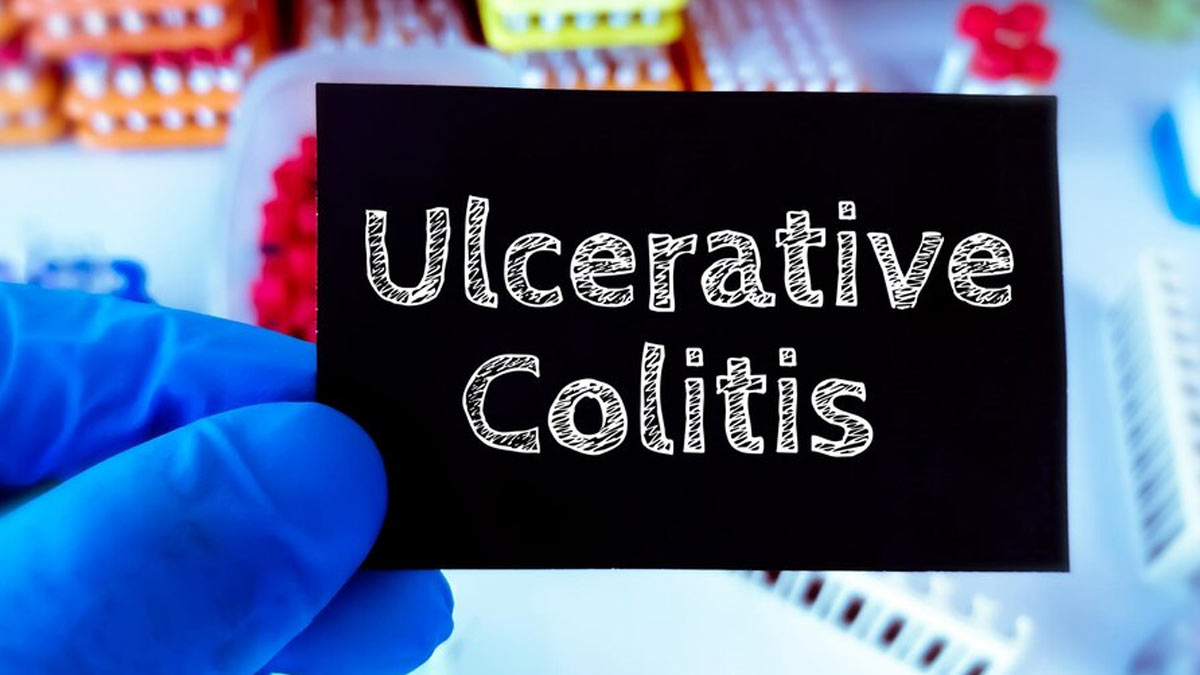
Ulcerative colitis is a chronic inflammatory bowel disease that causes inflammation and ulcers in the lining of the colon and rectum. A hallmark symptom is abdominal pain, which can range from mild discomfort to severe cramping. Pain often worsens during disease flare-ups. Fortunately, several strategies can help ease ulcerative colitis pain. We spoke to Dr Sarathchandra Gorantla, Consultant Gastroenterologist, Hepatologist and Advanced Therapeutic Endoscopist, Yashoda Hospitals, Hyderabad, who listed ways to find relief during ulcerative colitis flare-ups.
Table of Content:-

According to HHS Public Access, ulcerative colitis, an enduring inflammatory condition of the colon, lacks a known cause and typically targets adults between 30 and 40 years old, often leading to disability. This disease is marked by periods of inflammation in the colon's lining, starting at the rectum and progressing to adjacent segments.
Managing Ulcerative Colitis Pain During Flare-Ups

Medications
“Over-the-counter pain relievers like acetaminophen can provide relief for mild pain. For more severe pain, your doctor may prescribe stronger medications, such as antispasmodics, which relax the muscles of the gut, or low-dose antidepressants, which can reduce pain perception”, said Dr Gorantla. Treating the underlying inflammation with medications like aminosalicylates, corticosteroids, immunomodulators or biologics is also key for managing pain long-term.
Also Read: World Inflammatory Bowel Disease Day: Differences Between Ulcerative Colitis And Crohn's Disease
Dietary Changes
Although there is no one-size-fits-all ulcerative colitis diet, certain food choices may aggravate or soothe symptoms. “During a flare, it's often helpful to avoid high-fibre foods, dairy, alcohol, caffeine, and spicy foods. Eating smaller, more frequent meals and staying hydrated can also ease discomfort. An elimination diet can help identify personal trigger foods”, added Dr Gorantla.
According to the Crohn’s and Colitis Foundation, it is important to recognise and steer clear of food triggers during a flare-up. However, once you achieve remission, it's advisable to reintroduce a varied and nutrient-rich diet.
Also Read: Ulcerative Colitis: Expert Explains The Disease And Lists Dietary Measures To Follow

Stress Management
Stress doesn't cause ulcerative colitis, but it can worsen pain during flares. Relaxation techniques like deep breathing, meditation, and gentle exercise can help relieve stress and make pain more manageable. Psychotherapy may also help you cope with the challenges and anxiety of living with a chronic illness.
According to 15 studies, comprising over 5,000 individuals with Inflammatory Bowel Disease (IBD), including ulcerative colitis, a link between mood disorders and abdominal pain was found. Hence, acquiring and applying coping techniques for stress could assist individuals in diminishing the probability of experiencing painful flare-ups.
Complementary Therapies
Some people find relief with alternative treatments like moxibustion (heat therapy) and acupuncture, which may reduce inflammation. In a review conducted in 2016, various studies suggested that acupuncture and moxibustion could prove effective either independently, in combination, or alongside medication.
Herbal and nutritional supplements may also have benefits, but it's crucial to consult your doctor first as some can interact with medications. According to a 2019 study, it was found that certain compounds found in these herbal remedies bolster immune function and offer antioxidants that mitigate inflammation.
Bottomline
Dr Gorantla concluded, “The most important step is working closely with your doctor to develop a personalised pain management plan. Keeping a symptom journal can help you communicate your pain more effectively. If discomfort persists despite conservative measures, surgery to remove the diseased portions of the colon may ultimately be necessary for some.”
[Disclaimer: This article contains information provided by an expert and is for informational purposes only. Hence, we advise you to consult your expert if you are dealing with any health issues to get the necessary diagnosis and treatment.]
Also watch this video
How we keep this article up to date:
We work with experts and keep a close eye on the latest in health and wellness. Whenever there is a new research or helpful information, we update our articles with accurate and useful advice.
Current Version